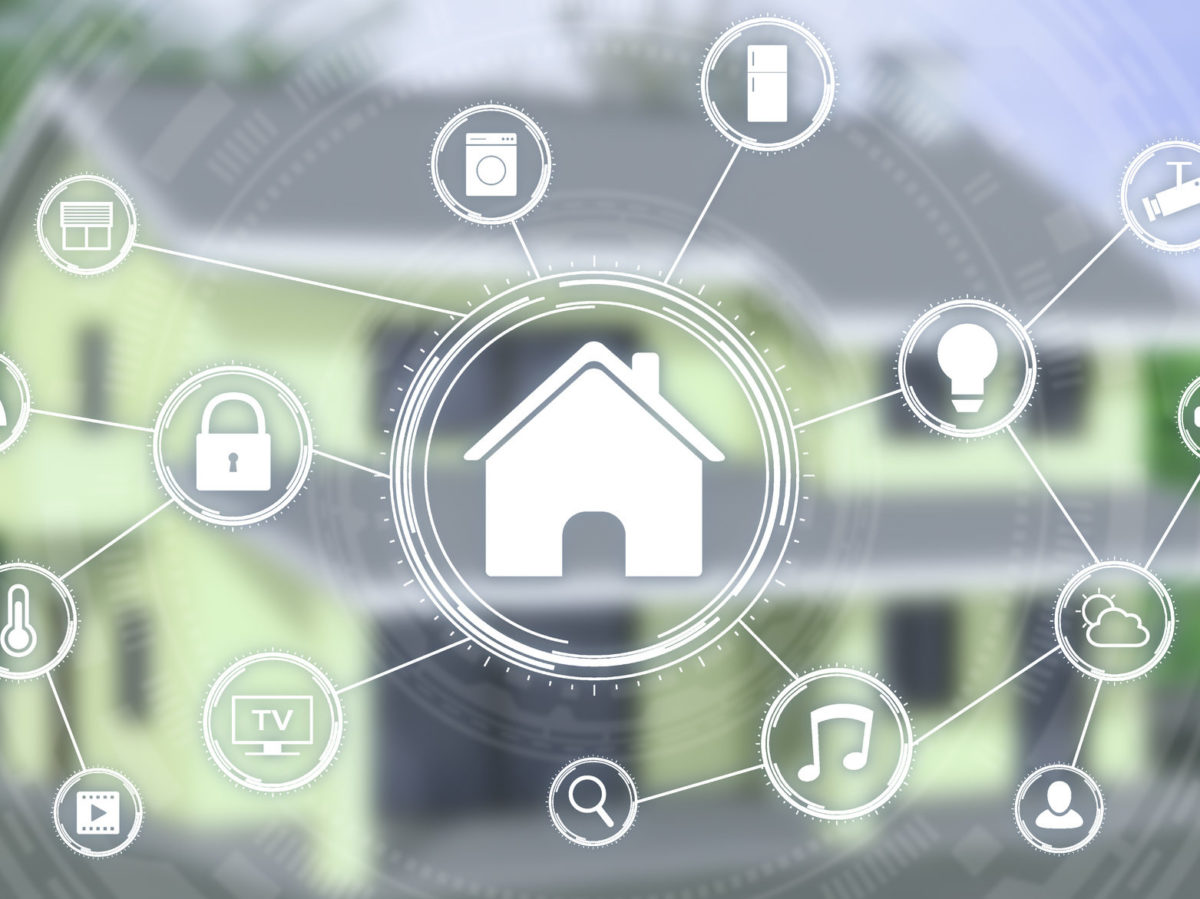
From discovering new sources of revenue to data collection and analysis that lead to customer experience, becoming an integral part of the smart home value chain makes good business sense for utilities.
But as explained here, utilities are not currently top of mind for smart home purchases. In fact, a recent survey by Parks and Associates found that 30% of Americans do not know where to purchase smart home products, with the top choices being retailers and home security advisors (such as ADT).
In order to shift consumer perceptions to put utility marketplaces at the forefront of device sales, companies will need to develop compelling value propositions that go beyond energy savings like those summarized below.
5 Value Propositions That Work
AEP Ohio
The pitch: AEP Ohio Energy Efficiency Marketplace. Saving you energy, money and time. https://aepohiomarketplace.com/
Why this works: For most Americans, not having enough time is at parody with not having enough money, and nearly everyone wants more of both. People also want more energy, both personally and through the reliability of electric and gas services, this statement promises to save money while making life easier, regardless of how a customer reads it.
PECO
The pitch: Save instantly. PECO Marketplace. https://pecomarketplace.com/?utm_source=PECO&utm_campaign=December_Deals_Banner&utm_medium=referral
Why this works: While savings on the utility bill are a future benefit, PECO’s promise of “instant savings” creates an urgent call to action by suggesting that customers will get money back today through another means.
Avista
The pitch: Efficiency matters. Energy conservation is good for all of us. Using energy wisely can help reduce costs and conserve our natural resources. https://myavista.com/energy-savings/efficiency-matters
Why this works: Avista appeals to those who care or are pressured to care about the planet in the environmentally responsible state of Washington. The utility sweetens their proposition by coupling it with the promise of cost savings.
SMUD
The pitch: The power of renewables. Providing energy today for a cleaner environment tomorrow. Make a difference. https://www.smud.org/en/Going-Green/Get-Green-Energy/Residential
Why this works: Like Avista, SMUD appeals to what customers in California care more than any other state, environmental responsibility. In February of this year, the National Association of Home Builders reported that California leads the nation in net-zero homes. The total amount of energy used by these homes is equal to the amount of energy it creates through renewables like wind and solar.
BC Hydro
The pitch: Smart homes are designed for savings & comfort. https://www.bchydro.com/powersmart/residential/connected-home.html
Why this works: People often associate energy efficiency with being too hot in the summer and too cold in the winter. The value proposition suggests that customers don’t have to sacrifice comfort by adopting a smart home.
Finding their “why”…with data
Companies, like those mentioned above, often leverage customer data and analytics to create their value propositions.
A company website is a good place to start, and more specifically, the analysis of new visitors to high traffic landing pages or the home page. This can be a sandbox to do split testing among a variety of value propositions. By limiting the analysis to new visitors, companies reduce exposure to existing customers or prospects who are already in the consideration phase.
Many companies add quantitative validity to qualitative insights by combining website data with information from customer surveys and research into market perceptions. The learning from this analysis can generate powerful marketing insights that impact the overall marketing strategy.
“Understanding a consumer’s motivation to buy from you, and even more importantly, their stumbling blocks, is key to becoming a successful retailer of home automation devices,” Ashley Nicholls, a senior marketing executive with Doer Maker who has over a decade of experience in the utility marketing space, said, “It’s not enough to simply begin offering new products. This is not a ‘build it and they will come’ scenario. In order to impact a customer’s buying decision, you have to understand them through data analysis and then communicate with them, effectively, not just about what you’re doing but why. Consumers are used to a regulated monopoly with utilities, they never had a choice. Suddenly, with product sales, you’re offering them the beauty of choice. But now you have to get them to choose you.”
While entering and competing in the smart home energy management isn’t a small endeavor, utilities have prime access to customers and weaving the “why” in a value proposition – based on what motivates them. Find their “why” through data and analytics and claim your piece of this growing market.
Vanessa Edmonds is an experienced go-to-market advisor who helps clients build brands and win new business through an integrated approach to business strategy, marketing and sales-enablement. A key driver of her success is her knowledge of technology and innovative concepts. She has an innate and ability to define the value proposition of technical products and services and reach non-technical business audiences with the right messages in their time of need. Vanessa’s utility industry expertise spans twelve years. She has been published by several organizations including the BBC, Electric Power Research Institute, CIO Review and the Utility Analytics Institute.














